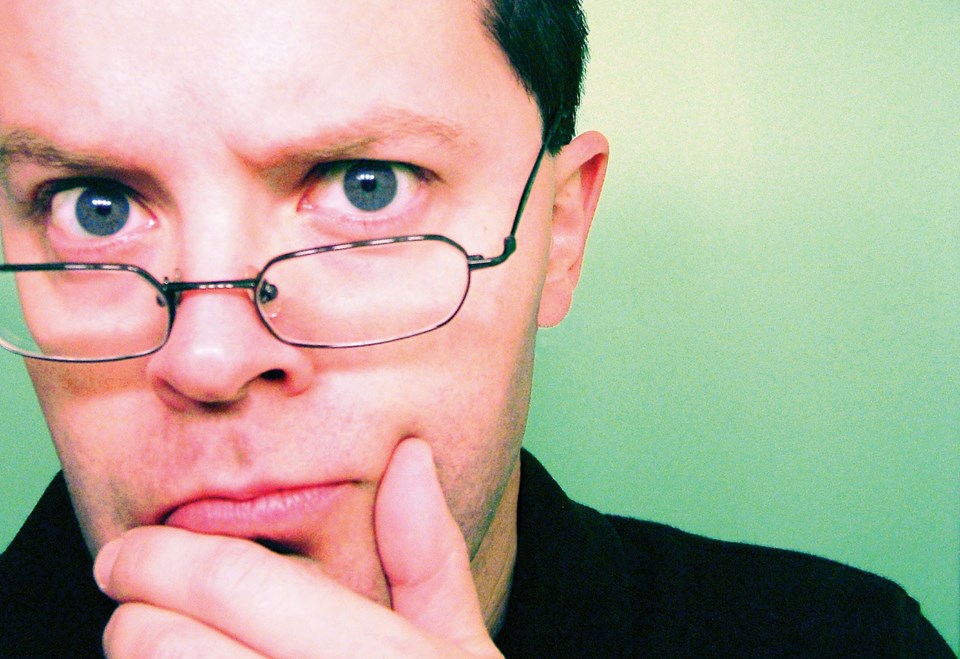All Fiction Is Fantasy
All of it. All fiction is, by definition, a story of things that didn’t actually happen. Or do you really believe that one person can just randomly and accidentally stumble upon mystery after mystery, and outwit the police in solving the crime? That there’s a rich relative just this side of death, just waiting to write his unknown niece or nephew into his will? That the guy bagging your groceries is actually just waiting for the next random terrorist cell to come bust up his neighborhood so he can break out his Special Forces skills and save the town?
It’s fantasy. It doesn’t happen. Pretty much ever. And you know something? That’s okay.
Before we go any further, let me start with a bit of a warning: this is going to be one of those “I’m offended that you’re offended” kinds of posts. I’m not sorry you’re offended by the idea of Christians writing high fantasy or science fiction; I’m annoyed.
Recently I read a blog comment that suggested writing about the Fantastic may be verboten among Christians, because it doesn’t deal with what’s real. That the fantasist is working under the assumption that he or she could “ever imagine something better than what God created.”
I’m going to suggest that reality is a poor indicator of something’s worthiness. A great many things have survived unreality, and have been deemed very worthy indeed. The telephone. The automobile. The computer. A winged machine which could help a mankind defy gravity; another to help him break even the bonds of this atmosphere.
People!
Let’s talk, you and I, about people. Long ago, we didn’t exist. Neither we, nor even a Universe in which for us to live. There was nothing. Nothing but One Being. People? We were as satyrs. As Pegasi. In the beginning, we were figments in the imagination of God. So, we believe in a God who has existed for eternity, in a state outside what we know as Time and Space. We believe this being turned Creator, forming first His heavens and the beings within, and then the Universe we call our own. Oh, and us. He created us, too.
But we have a problem with unicorns and talking cats?
Speaking of us, let’s continue our discussion, shall we? God, says the Bible, created people in His own image. So this Creator God created Man in His image and, lo and behold, it turns out we, too, are creative. It turns out we also have an imagination.

Randy Streu of Diminished Media Group
So, this imaginative Creator God came up with something that didn’t exist, made it exist, and imbued it with His own likeness. We, too, have the desire to create. Because we are a mere likeness, our own creativity is but a shadow of His. Just as we cannot love as perfectly as He can, cannot in our own power live as perfectly as He wills it, we also cannot create as He can create. Yet, we who are in His image do create. It is ingrained in our DNA to do so. The very act of creation, then, is worship.
Creation, by its nature, is fantastic; you cannot create what already exists. As a storyteller, it must go without saying that the tales woven aren’t real. So, any objection to fantasy fiction which attacks the unreality of the stories and thematic elements is in fact an attack on the nature of fiction itself. And, by proxy, an attack on the act of Creation.







































*clapping hard*
You are awesome.
To quote Owl City “reality is a lovely place, but I wouldn’t want to live there.” And most stories have elements at least as unrealistic as elves and unicorns, but we pretend not to notice.
Moreover, the notion that a Christian should eschew the fantastic for fear of somehow rebelling against God’s created order is predicated on the fallacy that an escape from that order is even possible. One of the limitations imposed by our nature as created beings is that we can’t create squat ex nihilo (out of nothing). We can only work with the raw materials provided to us by our Creator. No matter how hard I try, I cannot describe an entity that exists in five dimensions. The human mind cannot contain such a thing. Though my prowess with words be matched by none, I cannot create a world in which wrong is right and right is wrong. The human heart — upon which is graven the law of nature and of nature’s God — cannot accept such a thing. There are limitations to creativity: the boundaries within which God constructed reality itself. It’s not sinful to transcend these so much as it’s impossible. To even imply that it is possible is to assume that we’re all a lot more godlike than good theology would dictate.
Great thoughts! This is something I would have liked to touch on more than I did, time permitting (one of SEVERAL aspects of this conversation I’d have liked to touch on, actually).
Applause! Loved this article.
It occurs to me that if writing “normal” fiction is like building with the blocks God gave us, writing speculative fiction is like building our own blocks…from the wood of trees that God also gave us. 😉
Fantastic thoughts, Randy. I’m glad you’re on our side. 😛
THIS. It’s much more succinct than my blog’s version (over 2,000 words to say something very similar) but, this. Fantasy doesn’t take us out of reality, it helps us to understand reality and gives us better coping mechanisms for it. There’s a reason that children are given fairy tales and talking animals — not because it’s new to them, because EVERYTHING is new to a child, but because it can penetrate more deeply and be understood more clearly. We need fantasy, and we need to create.